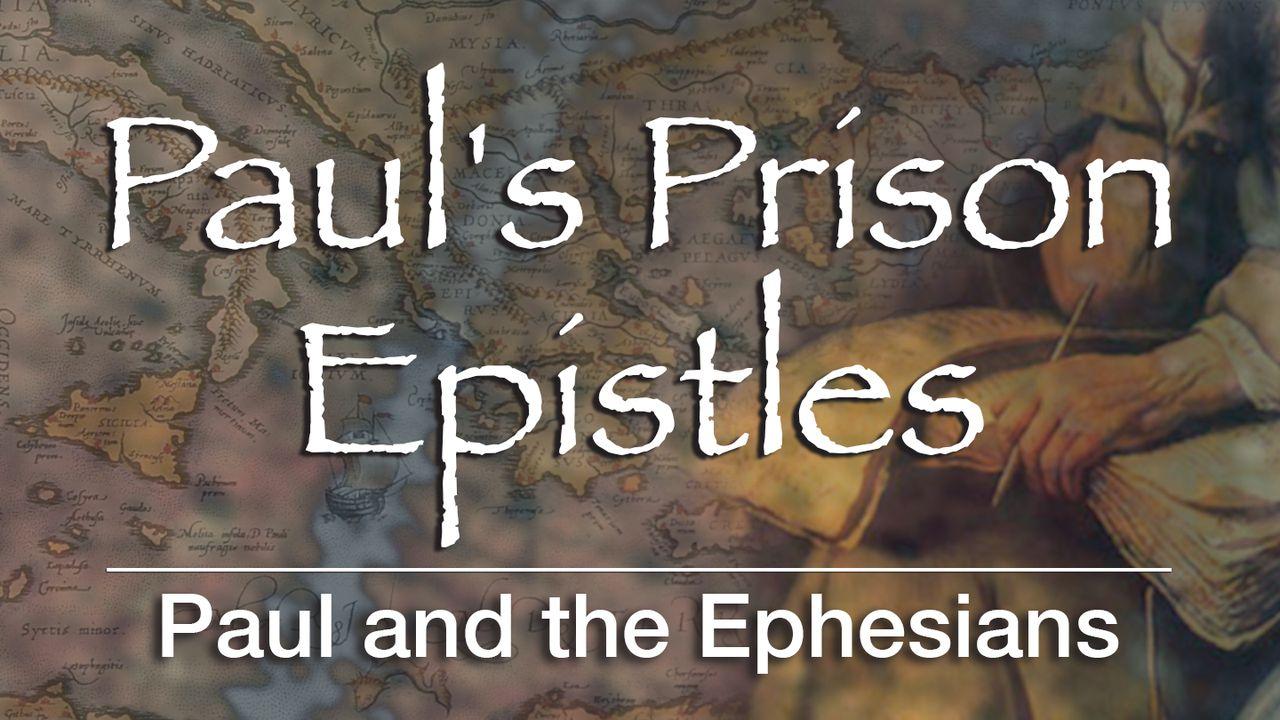Paul's Prison Epistles: Paul and the EphesiansSample

Praise: Ephesians 1:1-14
A section of praise to God appears next in 1:3-14. This is Paul’s only canonical letter in which the salutation is followed by such a section of praise to God. Typically Paul followed his salutation with a personal reference or greeting. But as we have seen, there are no personal references of any type in the epistle to the Ephesians.
We don’t know for certain why Paul decided not to include any personal greetings. Maybe he thought that a section of praise would work better in a circular letter. Or maybe he wanted to lay the groundwork for the doctrinal sections that followed. Some have seen this section as the beginning of a dialog of prayer that spans the first three chapters. Others have pointed out that in the ancient world doxologies to the king were common in official writings. In all likelihood, Paul’s reasons for structuring the letter in this way were complex. Probably he did it for a variety of reasons, including at least some of those we have mentioned.
Figuring out Paul’s motives for including this praise may be hard, but recognizing its content is easy. We might focus on such things as: its strong Trinitarian theology throughout these verses, explicitly honoring the work of the Father, the Son, and the Holy Spirit; or its emphasis on salvation through the atonement of Jesus Christ in verse 7; or the revelation of the mystery of the gospel in verse 9; or the promise of our future glory, ensured by the gift of the Holy Spirit, in verses 11-14. And all of these ideas are worthy of attention.
But there is a larger idea that not only includes all of these threads of Paul’s praise but also explains many more details mentioned in this passage. And not surprisingly, that idea is the kingdom of God.
For example, in verses 4 and 5, Paul honored God for his sovereign rule, praising him for predestining certain individuals to be his special people. In verses 9 and 10 Paul also praised God for his sovereign rule over all creation that will eventually bring all things under the headship of Christ.
Beyond this, in verses 5-7, Paul praised God’s benevolence toward his people. God demonstrated his mercy by adopting, redeeming and forgiving his people. Great benevolences were commonly directed by ancient kings toward their people, although God’s benevolences certainly outweigh any offered by merely human rulers.
And in verse 14 Paul praised God for our inheritance in Christ. This pertains to God’s kingdom because in 5:5 Paul identified our inheritance as an “inheritance in the kingdom of Christ and of God,” and because inheritance rights belonged only to citizens of the kingdom.
Scripture
About this Plan

This plan examines how Paul designed Ephesians to teach Christians how to build, maintain and thrive in God's kingdom.
More
Related plans

Rest in God’s Love: 3 Days of Contemplative Prayer

Celebrate

Healing the Wounds of Rejection

Prayers for a Mother's Day: Powerful Prayers for Busy Moms

Pain to Peace: A Man's Path Past Pitfalls

The Radiant Mom: 10 Days to a More Joyful, Christ-Centered Home

Forgive Them Too??

Financial Discipleship – the Bible on Bribes

The Last Half Hour: When Waiting Becomes Glory
